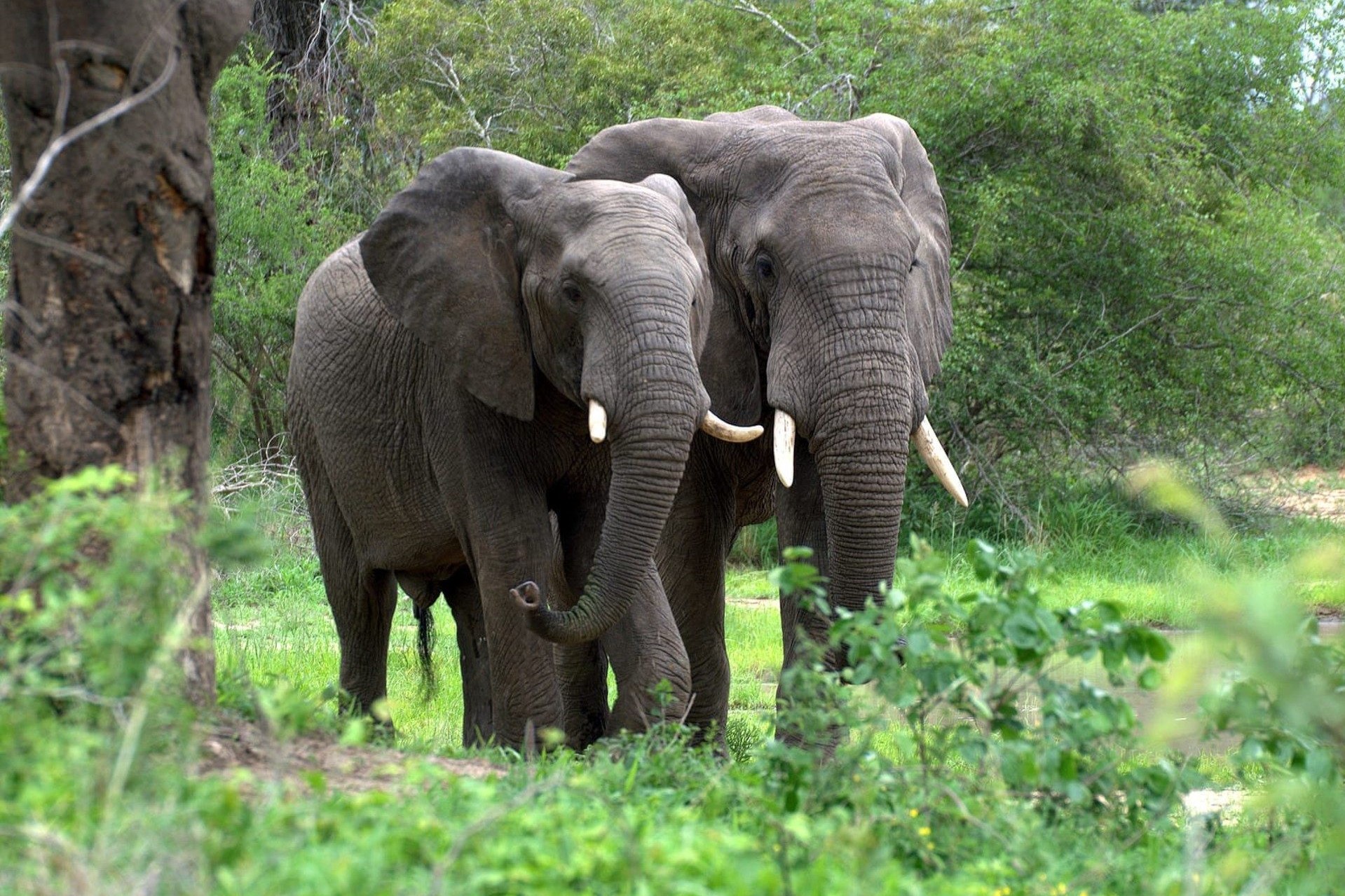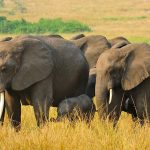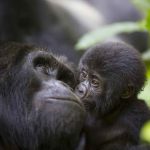10 Fascinating Facts about the African Elephant
10 Fascinating Facts about the African Elephant. The African Elephant, an iconic and majestic species, holds a special place in the hearts of nature enthusiasts and conservationists alike. Known for their incredible size, intelligence, and social complexity, African elephants are among the most captivating creatures on Earth. In this article, we will explore 10 interesting facts that shed light on the remarkable features and behaviors of these magnificent animals.
Two Distinct Species:
Contrary to popular belief, African elephants are not a single homogenous species. There are actually two distinct species: the African Bush Elephant (Loxodonta africana) and the African Forest Elephant (Loxodonta cyclotis). The former is larger and more widespread, while the latter is smaller and found in the dense forests of Central and West Africa.
Largest Land Mammal:
African elephants hold the title for being the largest land mammals on Earth. Male African elephants can weigh up to 14,000 pounds (6,350 kg) and stand around 10 to 13 feet (3 to 4 meters) tall at the shoulder. Females are slightly smaller, but they are still formidable in size.
Remarkable Intelligence: – 10 Fascinating Facts about the African Elephant
African elephants are renowned for their intelligence, possessing the largest brains among land animals. Their cognitive abilities include problem-solving, tool use, and a remarkable memory that enables them to navigate vast landscapes in search of water and food.
Complex Social Structure:
These gentle giants are highly social beings, forming intricate family structures led by the oldest female, known as the matriarch. The family unit, or herd, plays a crucial role in the upbringing of calves and protection against predators.
Incredible Communicators:
African elephants communicate through a variety of vocalizations, including trumpets, roars, and rumbles that can travel over long distances. They also use body language, such as ear flapping and trunk gestures, to convey emotions and intentions.
Long Gestation Period: – 10 Fascinating Facts about the African Elephant
The reproductive cycle of African elephants is a testament to their biological uniqueness. The gestation period for a female elephant is the longest among land mammals, lasting an impressive 22 months. This extended period contributes to the development of the large and highly intelligent offspring.
Keystone Species:
African elephants are considered keystone species, meaning they play a crucial role in maintaining the biodiversity of their ecosystems. Their foraging habits shape the landscape, creating habitats for various species and influencing plant distribution.
Herbivorous Diet:
Despite their enormous size, African elephants are strict herbivores. They consume a diverse array of vegetation, including grasses, leaves, bark, and fruits. An adult elephant can eat up to 300 pounds (136 kg) of food in a single day.
Conservation Challenges: – 10 Fascinating Facts about the African Elephant
Unfortunately, African elephants face significant threats from poaching, habitat loss, and human-wildlife conflict. The ivory trade, driven by demand for elephant tusks, has led to a decline in elephant populations, prompting conservation efforts to protect and preserve these magnificent creatures.
Tourism and Eco-Tourism:
Tourism, when managed sustainably, has become a crucial tool for African elephant conservation. Many countries with elephant populations have embraced eco-tourism initiatives, allowing visitors to witness these incredible animals in their natural habitats while contributing to local conservation efforts.
Remarks: – 10 Fascinating Facts about the African Elephant
The African Elephant’s significance extends beyond its physical enormity; it symbolizes the delicate balance of ecosystems and the importance of conservation. By understanding and appreciating these 10 fascinating facts, we can foster a deeper connection to the natural world and work towards ensuring the survival of this incredible species for generations to come.







